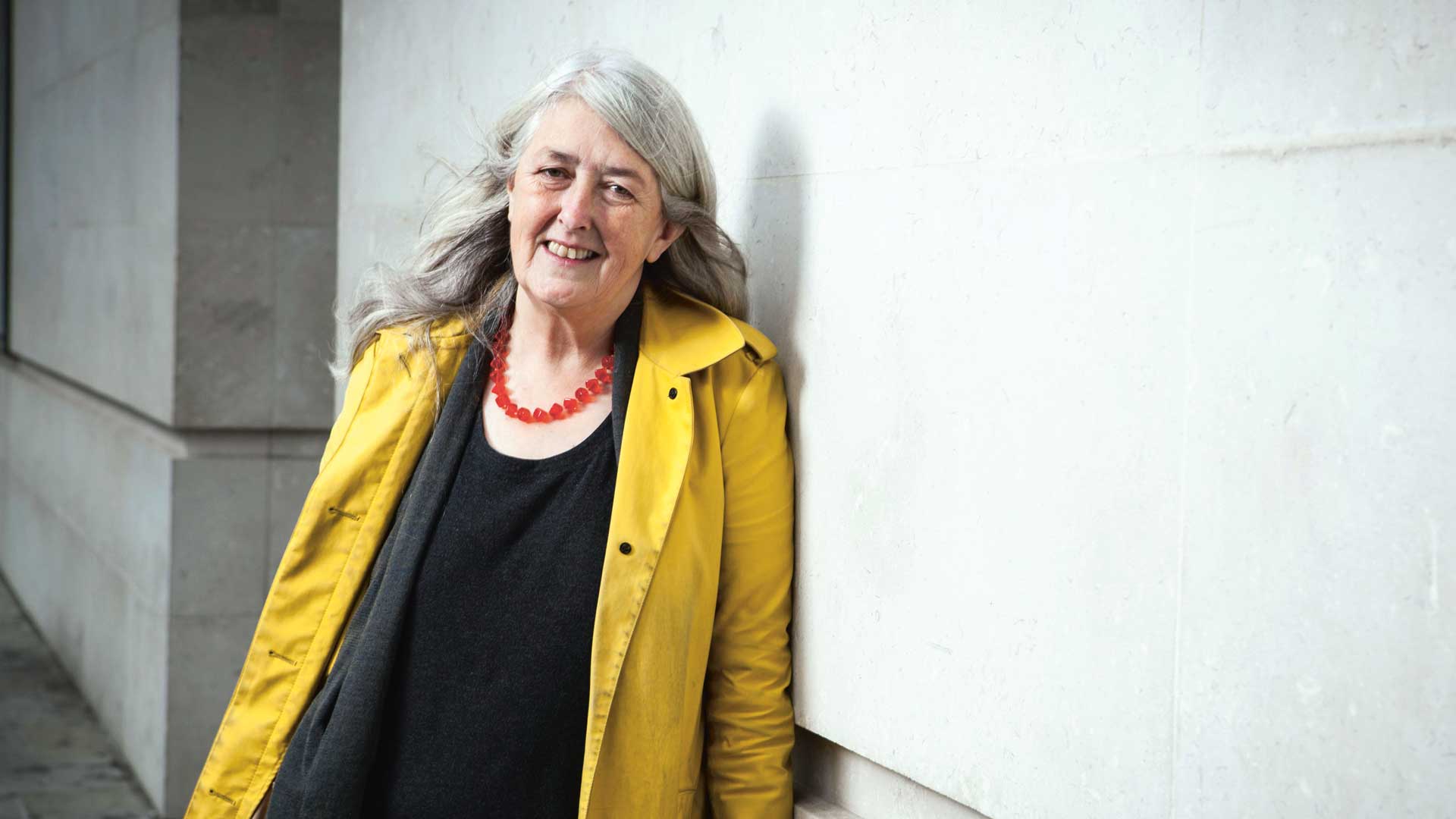I noticed that. In the last series of Front Row Late, Philip Pullman said, “What subject could be more important right now than media studies?” Yet it has become a whipping boy for people who think education has dumbed down. We all ought to be doing media studies because we need it. One argument about teaching classics is that, OK, it is the distant past and in the end the Greeks and Romans don’t matter a jot to the modern world, but the old-fashioned view that it helps you think is not stupid.
One of your shows looks at anxiety in the arts – do you link that with economic issues?
We are asking whether you can talk about anxiety and mental health issues without thinking about all the other things people are suffering. We have an anxiety epidemic and talk about those things very differently now, but it is not that anxiety didn’t exist. The question is whether it is different now and how you put that together with issues about austerity and underfunding. Because there is a rather basic, self-evident point, which is that people who haven’t got enough money to live on are anxious. I can remember what it is like if you put your card into the machine and it says, “Bugger off, you haven’t got any money.”
What has caught your imagination recently?
An exhibition in Paris about black models in art [Black Models: From Géricault to Matisse at the Musée d’Orsay]. By saying, let’s look for the people of colour in these paintings, you saw all kinds of things from a different viewpoint. I had recently been talking in the context of my day job about Botticelli’s paintings of the rape of Lucretia [The Story of Lucretia]. I had never looked at the bottom left-hand corner and seen that the slave was black. This kind of exhibition opens your eyes. And once your eyes open you can never close them again. It was organised by an extraordinary woman [Denise Murrell] who did her PhD thesis on Manet’s Olympia, which depicts Olympia on the couch, the black servant bringing a bunch of flowers, and a very aggressive cat. This is a classic in art history, but there was more written about the cat than the servant. What happens to these great works if you change the lens of vision? It used to be that you didn’t notice the women. That was my generation.
The last show looks at young environmental activists. Do they give you hope?
The thing is that it is very easy to think that the next generation will do it. I remember one Cambridge meeting where we were choosing an early-career candidate and they all looked brilliant. The chair wisely said, don’t worry, we all looked like that once. There is a lot about the way this country is heading that worries me a great deal. But we are a collaborative species. Some of the things we are seeing at the moment I hope are a blip.
Does having a long perspective through your work help?
We are terribly present-ist. A lot of the things we are facing now are not new. There were conflicts of the generations in the fifth century BC, people have been anxious forever. That is not to say that nothing changes, because it does. But by and large, humanity has gotten better. Would you like to go back to ancient Rome? I would say no thank you very much – a day return only please.
Front Row Late airs on Friday nights from September 6 on BBC Two
Photo credit: Andrew Hayes Watkins









